Huawei unveils Mate 70 series: A breakthrough in self-reliance amid US sanctions
Chinese tech giant Huawei continues to push the boundaries of innovation as it unveils the Mate 70 series, its latest flagship smartphone, equipped with groundbreaking new technology. Despite facing significant challenges due to US sanctions, Huawei's latest device represents a major milestone in its journey toward technological self-reliance. The launch event showcased Huawei's continuous efforts to rebuild its position as a global technology leader. Below, we unpack the details of this significant development, from the advanced features of the Mate 70 to the bigger picture of Huawei's strategy.
Huawei’s pivot to independence through technological innovation
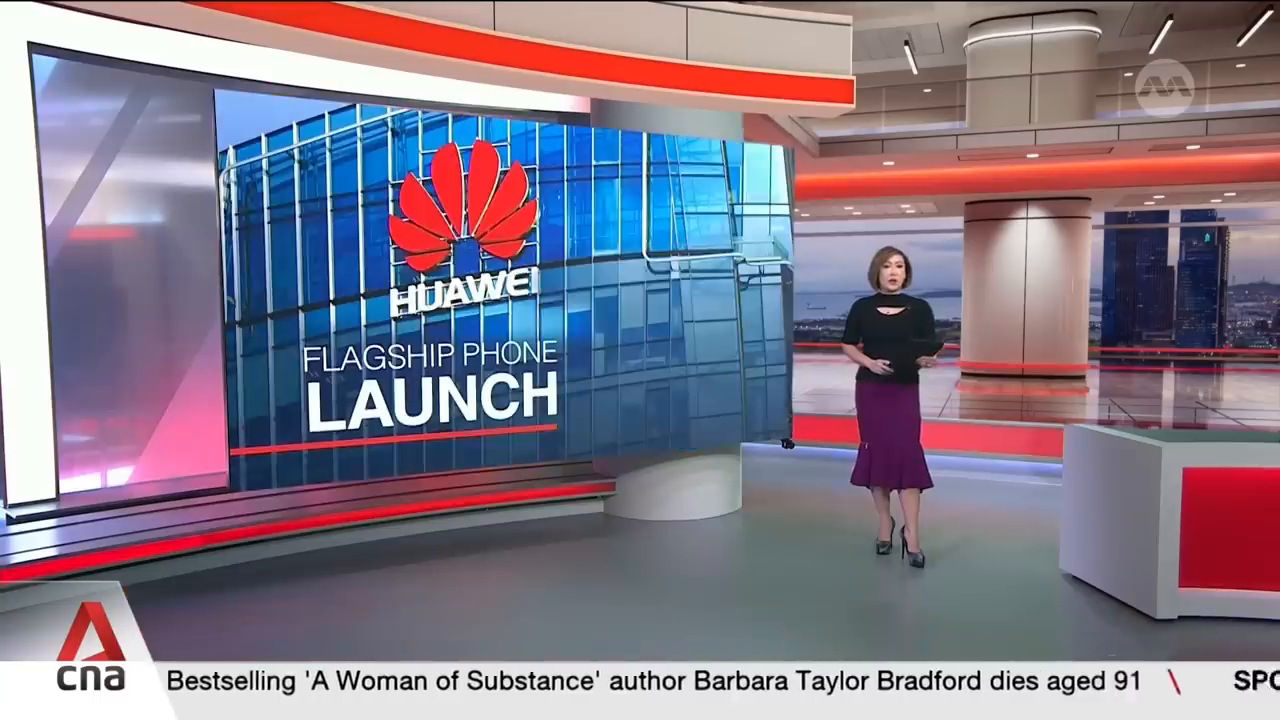
The Mate 70 series introduction during Huawei's launch event
Huawei has unveiled its first smartphone equipped with a fully self-developed operating system. The Mate 70 series introduces the HarmonyOS Next, a homegrown operating system that represents a giant leap forward for the company. This release marks a pivotal moment for Huawei, which has faced significant setbacks due to US trade restrictions. The company had previously relied heavily on American-made technology like Google's Android operating system and semiconductor chips. However, the Mate 70 symbolizes Huawei's remarkable pivot toward self-reliance amidst the tech trade war between Beijing and Washington.
Once one of the largest global suppliers of mobile phones, Huawei had its growth curtailed as a result of US-imposed sanctions. These restrictions affected the company's access to crucial components and software, forcing it to innovate independently. By focusing on domestic resources and bolstering local industries, Huawei has engineered solutions that could compete at a global scale.
Advanced features of the Mate 70 series
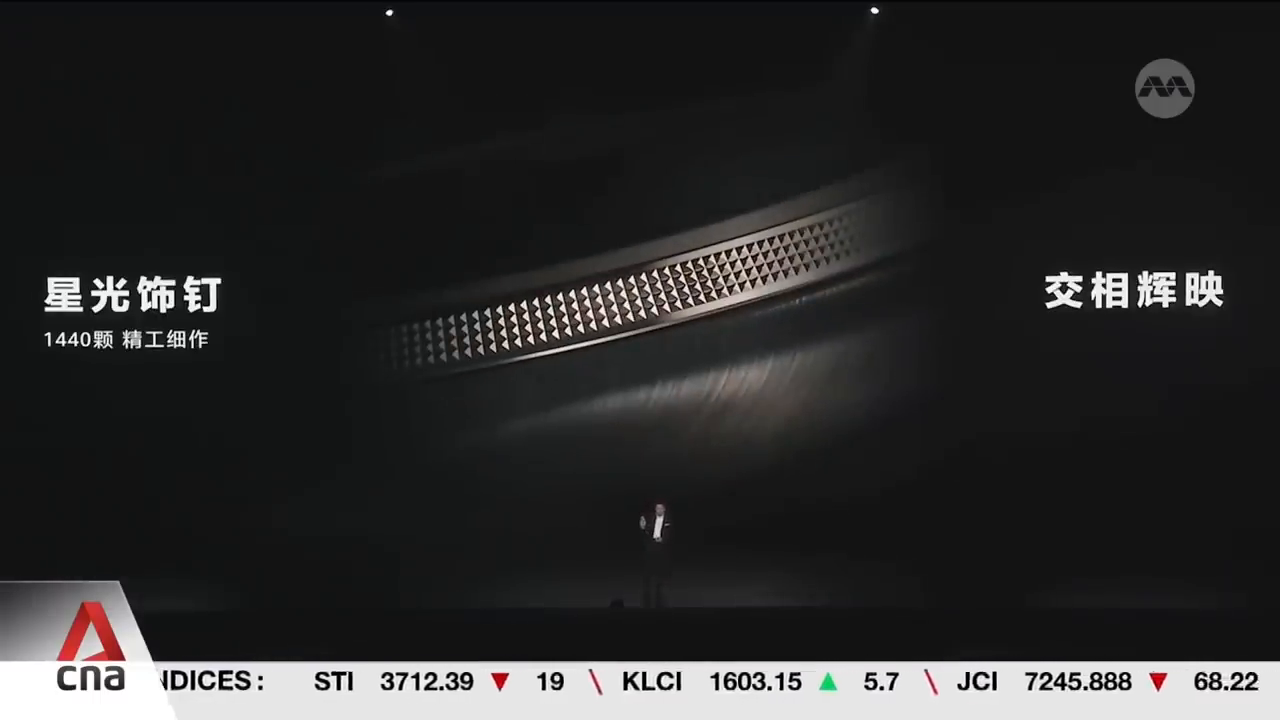
Richard Yu unveils the Mate 70 smartphone's cutting-edge capabilities
Launched amidst much fanfare at an event in Shenzhen, the Mate 70 series is described as Huawei's most powerful smartphone to date. Richard Yu, Huawei's executive director, highlighted its state-of-the-art features during the unveiling. Key innovations include advanced AI-driven functionalities, an upgraded AI sensor, and a high-density battery that significantly enhances the device's performance.
Most impressively, the Mate 70 is powered by Huawei's first fully self-designed operating system, the HarmonyOS Next, and its most advanced domestically developed chip. These technological advancements not only elevate the phone’s capabilities but also illustrate Huawei's ability to circumvent international supply chain limitations.
The smartphone’s AI features are particularly noteworthy and aim to provide users with smarter and more efficient tools. By integrating an upgraded HarmonyOS with advanced native apps, Huawei is diving deeper into creating an ecosystem that prioritizes innovation and interconnectivity.
The impact of US sanctions and Huawei's rebirth
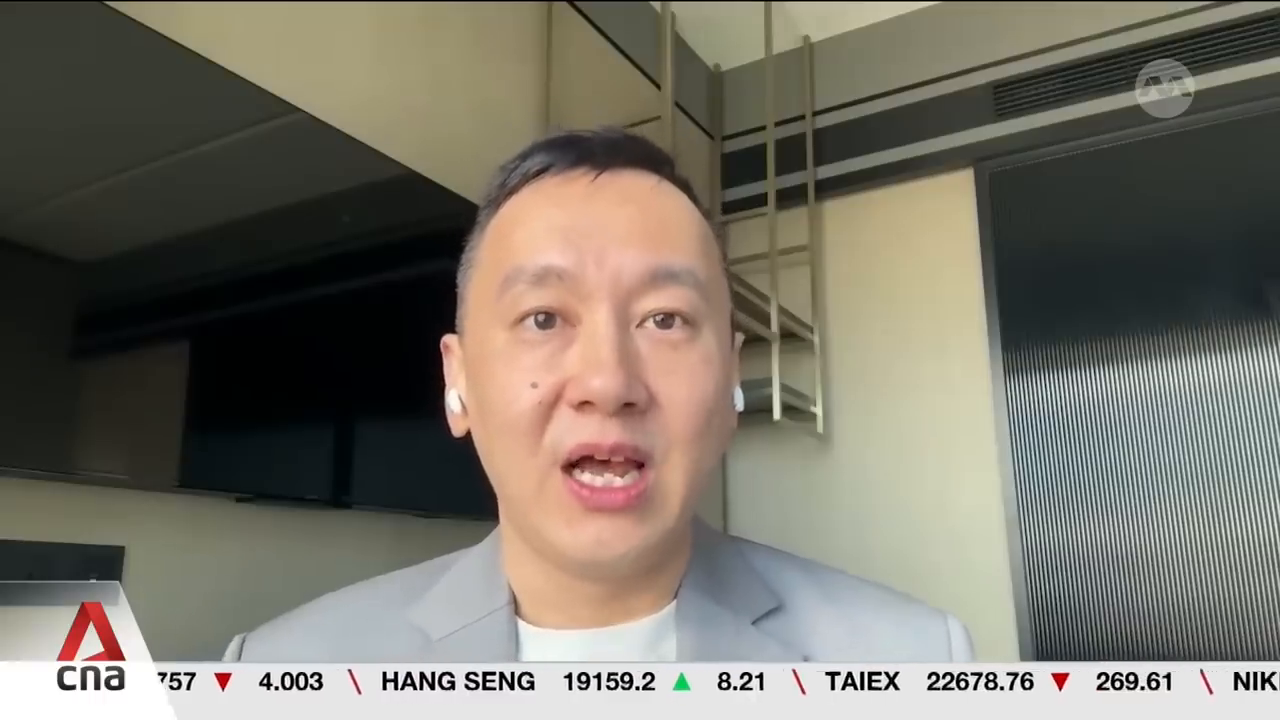
Richard Yu emphasizes Huawei's shift to self-sufficiency despite US sanctions
Before the imposition of US sanctions, Huawei held the title of the largest global supplier of mobile phones. However, these sanctions targeted both hardware and software resources critical to Huawei's operations, severely limiting its growth. For instance, the company was barred from accessing advanced chips and essential software such as Google's services.
In response, Huawei made a decisive shift to developing its own solutions. The HarmonyOS was launched five years ago, and since then, Huawei has made consistent strides toward creating an independent technology ecosystem. Despite these challenges, the HarmonyOS is currently used across more than one billion devices, including smartphones, tablets, and IoT devices. Huawei's resilience in building a fully integrated tech ecosystem stands out in an era dominated by a few major players.
Leveraging China's massive domestic market
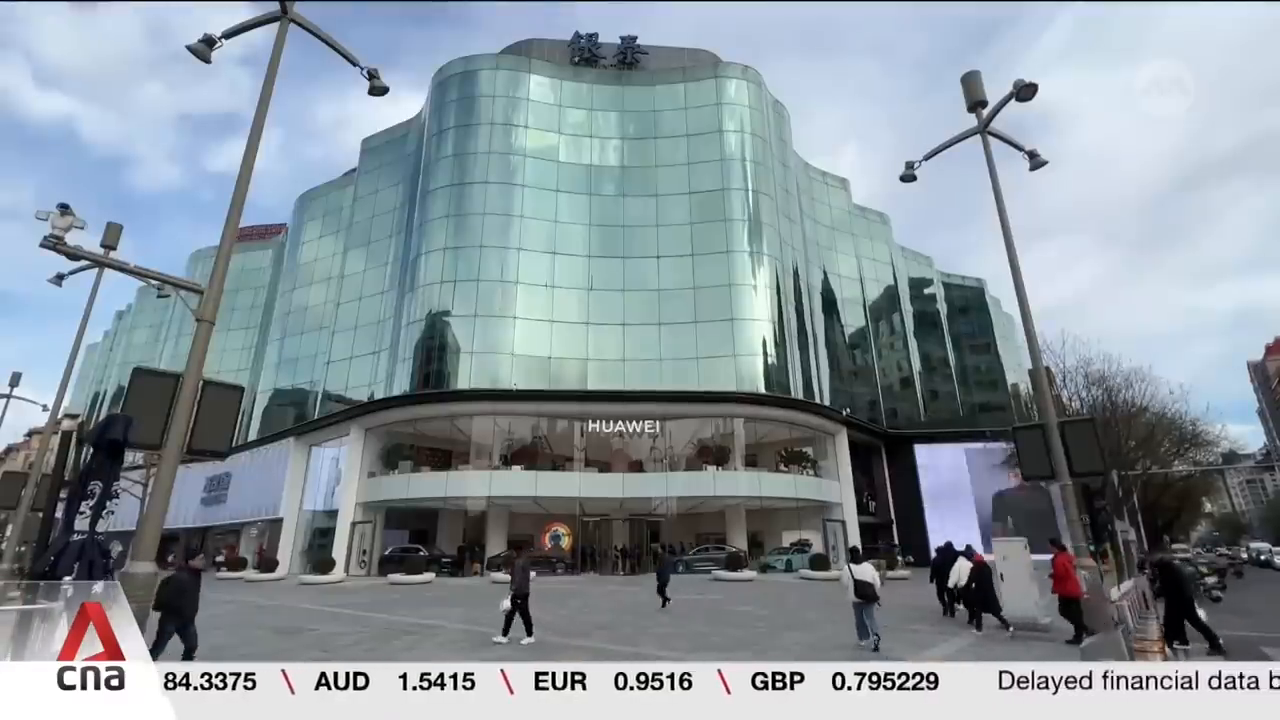
Consumers place over three million pre-orders for the Mate 70 within a week
One of Huawei's key strategies in overcoming US sanctions is leveraging China's massive domestic market. This approach aims to reduce dependence on international markets while providing a substantial consumer base to fund its innovation initiatives. With over three million Mate 70 pre-orders in the first week of reservations, the local appetite for Huawei's new flagship device is clear.
However, the domestic market comes with its challenges. Weak consumer sentiment amidst slower economic growth has made shoppers more price-sensitive. Despite this, many potential buyers pre-ordered the Mate 70 online, negating the need for long queues at Huawei's flagship stores. This shift indicates the growing importance of e-commerce platforms in China and Huawei's ability to market effectively to its home ground.
HarmonyOS and its ecosystem: Strengths and challenges
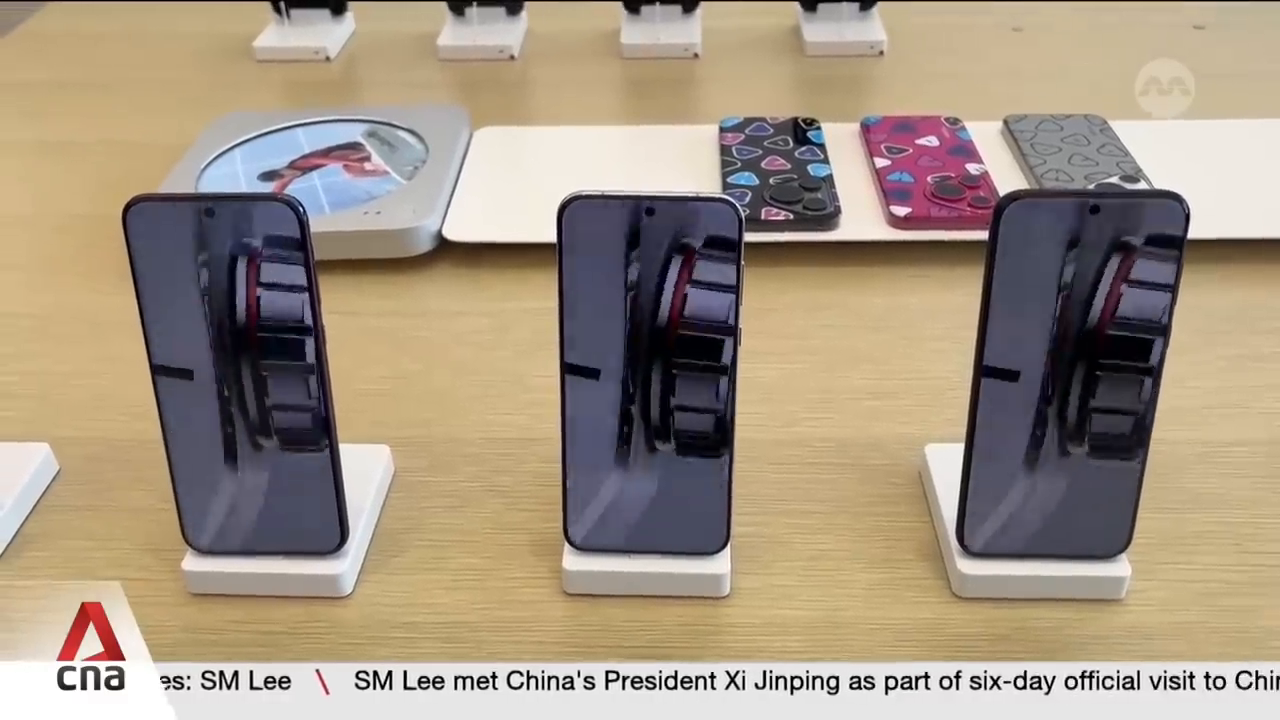
HarmonyOS powers more than 15,000 native applications and aims to redefine smartphone ecosystems
One of the most significant aspects of Huawei's long-term strategy is its development of the HarmonyOS ecosystem. The operating system’s latest version includes over 15,000 "native apps," encompassing popular platforms like messaging app WeChat and e-commerce platform Taobao. These apps operate independently of Google's Android system, empowering Huawei to bypass reliance on foreign technology.
However, it hasn't all been smooth sailing. Critics have pointed out gaps in app functionality, with some popular global applications, such as WhatsApp and Microsoft services, remaining unavailable. This limitation raises questions about the ecosystem’s international competitiveness. A robust and comprehensive app ecosystem is crucial for any modern smartphone, as consumer expectations increasingly hinge on the availability of diverse software options.
To overcome these hurdles, Huawei has emphasized the magic number of "100,000" – the number of apps it is targeting within the next six months to a year. Achieving this goal would vault HarmonyOS into competition with more established operating systems like Android and iOS.
The road ahead for Huawei and its significance to the tech industry
Huawei's Mate 70 series represents a turning point not only for the company but for the global technology landscape as a whole. By successfully developing its own operating system and semiconductor components, it has proven that self-reliance is achievable in the high-tech industry, even under the shadow of international sanctions.
While Huawei faces challenges in making its HarmonyOS ecosystem more competitive on a global scale, its strides are significant for fostering competition and innovation. By focusing on building an independent technology foundation, Huawei's efforts echo across the broader Chinese tech sector, which is also looking to reduce dependency on foreign technologies.
Conclusion: Huawei’s Mate 70 reflects resilience and innovation
The Mate 70 series is a testament to Huawei's ability to adapt and innovate in the face of adversity. Equipped with advanced AI features, a high-density battery, and the HarmonyOS Next, it represents a significant step forward in the company's journey toward self-reliance.
With millions of pre-orders and a growing domestic presence, Huawei is poised to remain a formidable player in the smartphone industry. However, as it looks to compete internationally, bridging the gaps in HarmonyOS's ecosystem will be critical. Whether Huawei succeeds in creating a competitive, independent smartphone standard could redefine the power dynamics of the global technology industry in years to come.
